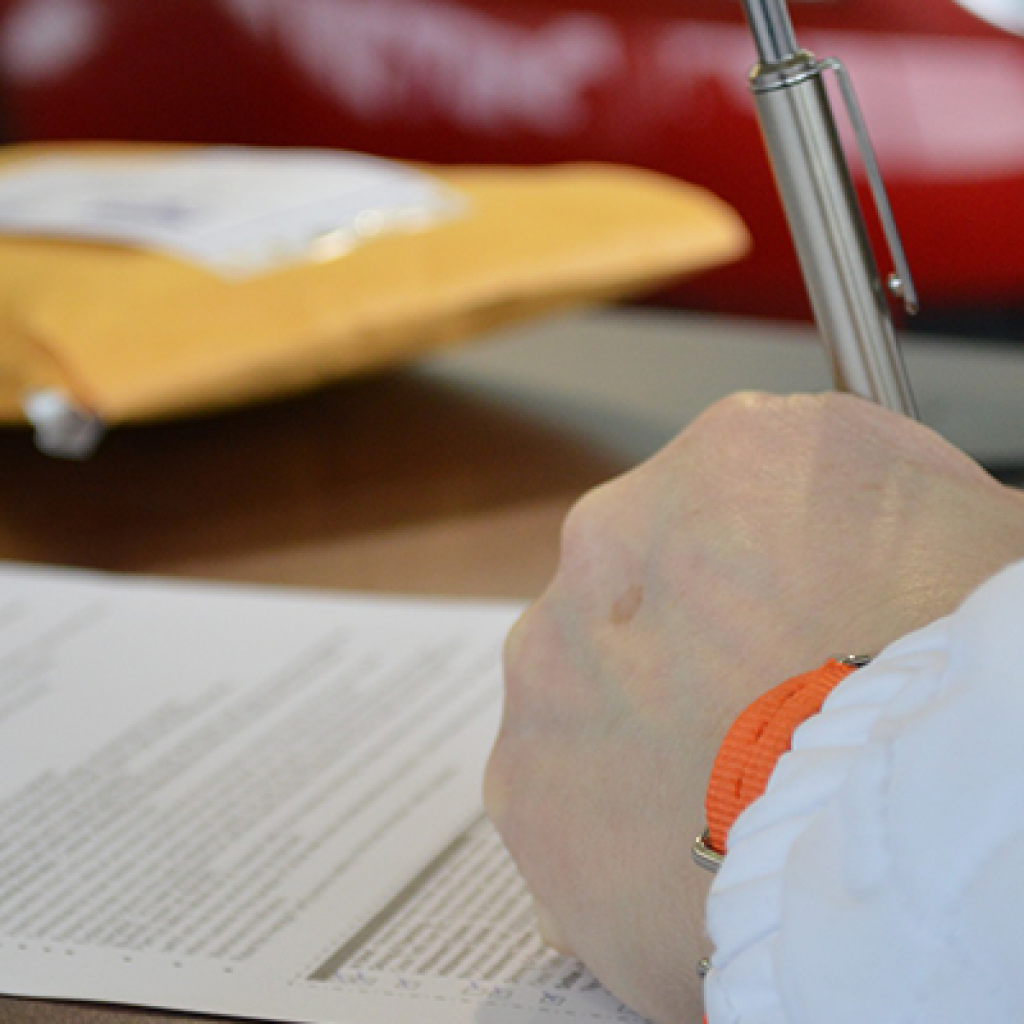Here are the most recent scam alerts issued by the Solicitors Regulation Authority (SRA).
Companies targeted by scam over payment to a Chinese bank account
The SRA have been informed people working in finance or accounts departments of Polish companies are being targeted by individuals claiming to be Marcin Perzanowski of Mayer Brown International LLP.
The employee receives an email telling them a payment needs to be made by the company as part of a transaction, and are told an lawyer by the name Marcin Pezanowski will contact them. They then receive a phone call from someone claiming to be that person.
The emails copy in mperzanowski@gtlawll.com, perzanowski@gtlall.com or marcinperza@gmail.com and include an office address of 201 Bishopgate, London EC2M United Kingdom, a telephone number+ 44 12 1368 0649, fax number+44 20 3318 5340; and details of a Chinese bank account.
The genuine firm and the senior associate by that name say they have no connection with the calls or emails. The emails do not come from his genuine address, and the company have posted a warnign about the hoax on their website.
Emails misusing the name “Summefield Browne Solicitors”
Emails offering the recipient the benefit of an unclaimed investment from a “Martin Gregory” of “Summerfield Browne Solicitors” have been sent from the email address martin.greggoryesq@yahoo.co.uk or philip.bennett@zoho.com. The emails list the address 6 Main Street, Rockingham, Market Harborough, Leicestershire, LE16 8TG and the website as www.summerfieldbrowne.com.
Whilst the firm and the listed website are genuine, the address is not. Neither the genuine SRA regulated solicitor Martin Gregory nor the firm say they have any connection with the emails.
Cold calls misusing the name “Spencer Wyatt LLP
A member of the public has reportedly received unsolicited calls from someone claiming to be from Spencer Wyatt LLP regarding a potential payment in respect of a previous timeshare transaction. The called gave the names Stephen Stirling, Daniel Preston and Matthew Keeling, together with a contact number purportedly for the firm of 07842 402559.
Whilst the firm named is genuine, they say the number is not connected to them, and they do not employ the individuals named. Neither of the genuine solicitors named Daniel Preston are connected with Spencer Wyatt LLP.
Emails from “Jo Conner” at Clarke Willmott LLP.
Members of the public have reported receiving emails concerning a power of attorney with the subject line “Re: Irfan Master T007560” from jo.oconnor@clarkewillmott.com, listing telephone numbers 0845 209 1764 and 0117 305 6764, fax numbers 0845 209 2583 and 0117 981 1558 and website clarkewillmott.com.
The SRA does not regulate any solicitor by that name. The genuine firm Clarke Willmott do employ a person by that name, but they say they are not connected with the emails in question.
Emails falsely claiming to be from Melvin Pedro at Penningtons Manches LLP
Emails regarding an unclaimed inheritance from a previously unknown relative have been sent claiming to be from Melvin Pedro at Pennington Manches LLP. The emails come from melvin.pedro@hotmail.com and adam.moghadas907@zoho.com, and give the address 125 Wood Street, London, EC2V 7AW.
Whilst the SRA does regulate a firm Pennington Manches LLP at that address and a solicitor at that firm by the name of Melvin Pedro, both say they are unconnected with the emails, as does the genuine solicitor Adam Moghadas.
What to do
When a firm’s or individual’s identity has been copied or cloned, due diligence is necessary. If you receive correspondence claiming to be from the above firms or individuals, or information of a similar nature to that described, you should conduct your own due diligence by checking the authenticity of the correspondence by contacting the law firm directly by reliable and established means.
You can contact the SRA to find out if individuals or firms are regulated and authorised by the SRA and verify an individual’s or firm’s practising details. Other verification methods, such as checking public records may be required in other circumstances.




















